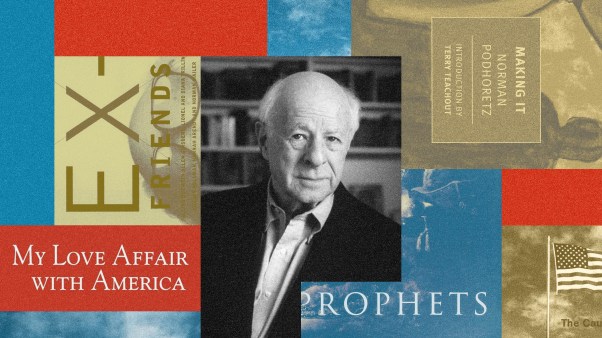We at Christianity Today were grieved to hear about the mass shooting at a Jewish synagogue in Pittsburgh, claiming 11 lives. Sadly the local worshiping community has again become the place for the deranged to express their anger. It demonstrates how hate, which seems so strong, is often just cowardice, attacking the completely defenseless. So at such a time like this, let us not succumb to the fear of hate but remember how weak it really is.
It almost goes without saying that we will be praying that God’s miraculous mercy will be shown to the loved ones of the victims of this barbarous act. But we say it to make sure we do it. If hate looks strong but is ultimately weak, prayer is something that looks weak but is ultimately strong. So we pray as has the church in its liturgies for 2,000 years:
Lord have mercy.
Christ have mercy.
Lord have mercy.
It also nearly goes without saying that anti-Semitism is ugly, wrong, immoral, and a hundred other adjectives. But it appears it needs saying time and again. Perhaps the one word Christians can add to the many denunciations is to say that anti-Semitism is a sin.
Such a quaint word in our day, but for Christians there is no better or stronger word to signal that an act is profoundly wrong. When the sinful act harms another human being, it brings into play not just the human dimension but also the divine.
“Against you, you only, have I sinned,” penned David the adulterer and murderer in Psalm 51. An odd thing to say when at least two human lives—Bathsheba and Uriah—were immediately wounded by David’s sin (as were many others years later). David’s psalm does not deny that dimension—for there are many, many psalms that lament harm done to fellow human beings. But David is right to get to the heart of the matter, the core of every sin, and in our current context, the sin of anti-Semitism. This sin in particular is a sin against God because it violates the divine image in which our Jewish friends have been made. It is a sin that offends God because it thwarts his creative design in creating them to bear his calling as the chosen people. Thus it is a sin that especially angers God—and a sin that deserves the punishment of God.
Such is the dangerous state of the soul of those who knowingly abide in the sin of anti-Semitism, which borders on the unforgivable sin.
We do not mean that every murder is a blasphemy against the Holy Spirit (Matt. 12:31, Mark 3:29). In one sense, of course, every sin is a sin against God and thus a sin against the Holy Spirit. But Jesus’ warning against the sin “that will not be forgiven” is not about God limiting his grace but about the sinner who stubbornly refuses that grace.
For better or worse, even anti-Semitism is forgivable—to those who will repent. But if repentance is not forthcoming, if in fact the anti-Semite only doubles down on his hate for God’s chosen, then that sin, for all intents and purposes, becomes the sin against the Holy Spirit—and thus unforgivable.
Thus the need for us to pray for every anti-Semite in our land, and in the world, especially those who seem hardened in their hatred of Jews. We pray for temporal justice for this gunman, Robert Bowers—the strongest penalties that can be applied should be. But we also pray that Bowers will repent and come to know the mercy and love of God. For he, too, is created in the image of God, and to hate him as he hates the Jews would be only to perpetuate human misery, in which we find ourselves mired once again.
Lord have mercy.
Christ have mercy.
Lord have mercy.
Mark Galli is editor in chief of Christianity Today.









